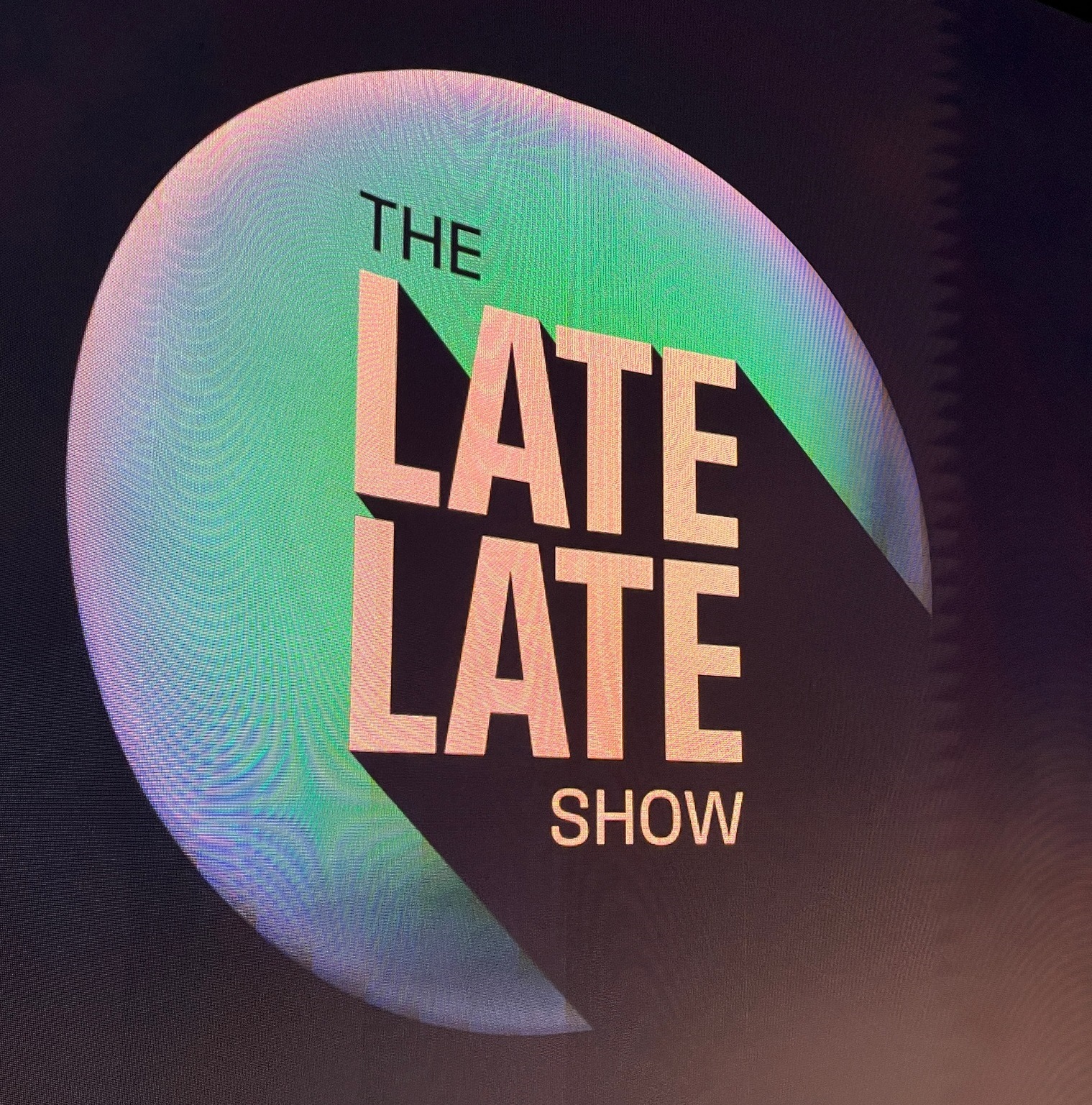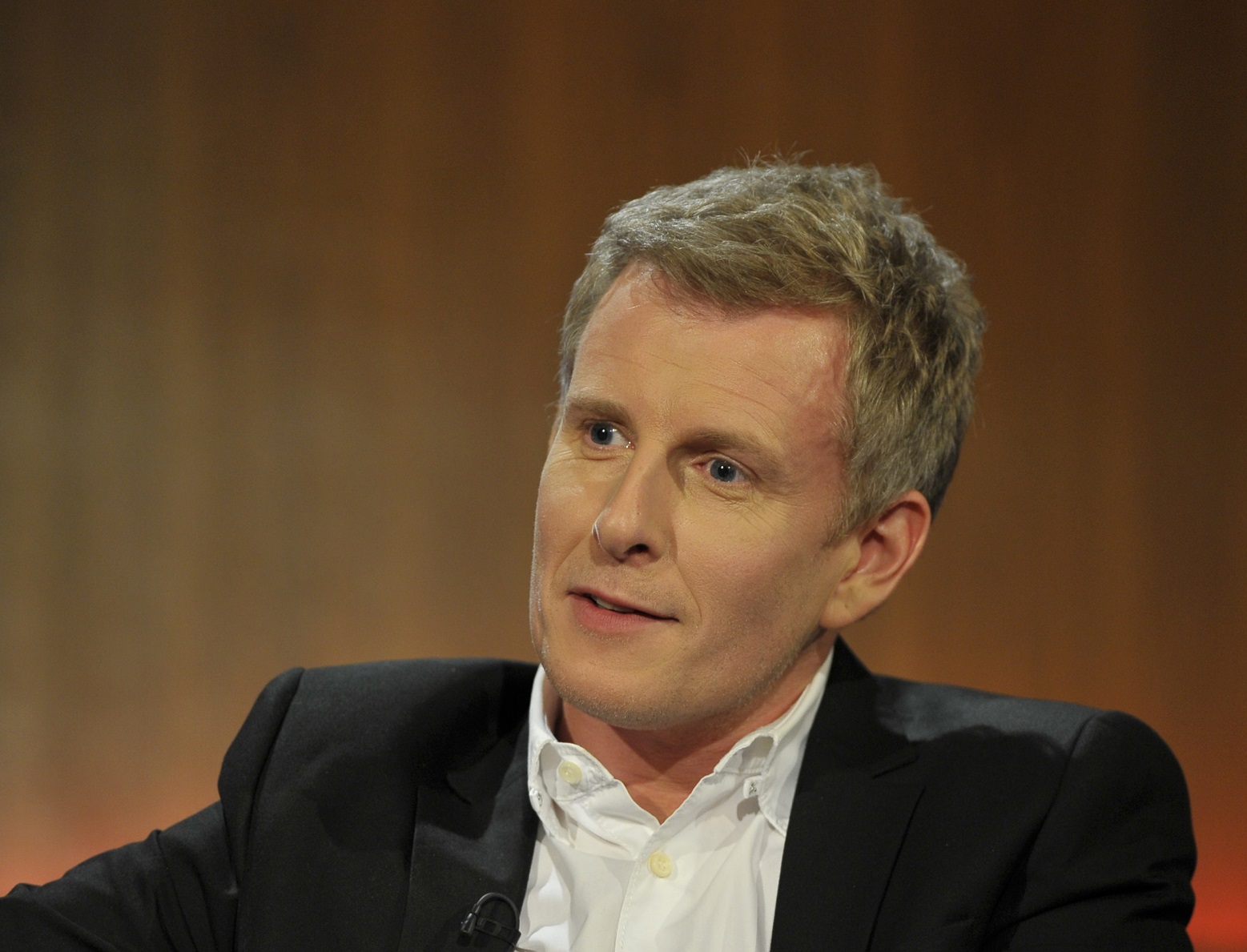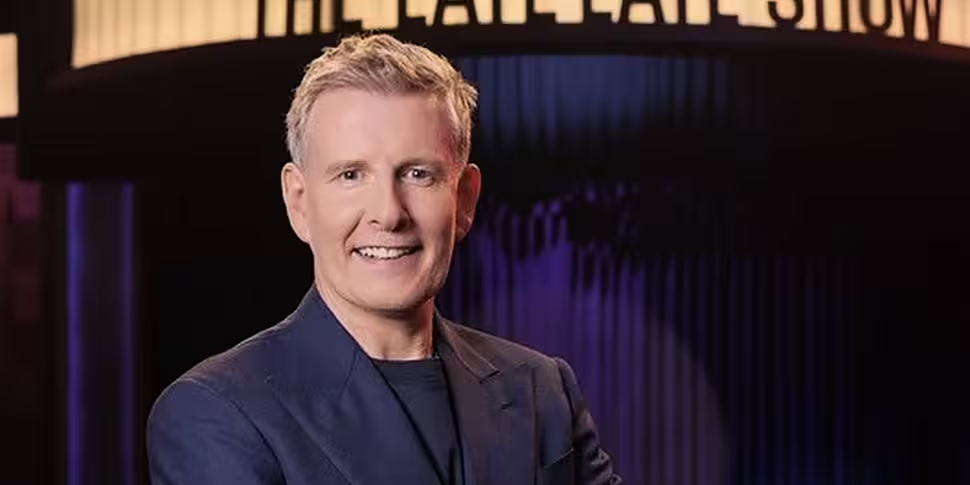RTÉ 'needs a win', both internally and externally, with The Late Late Show under the presentership of Patrick Kielty.
The TV talk show is back after a lengthy summer break and the departure of former host Ryan Tubridy.
Kielty, who is from Co Down and lives in London, becomes the show's fourth presenter for its 61st season.
Communications Clinic Chairman Terry Prone told The Hard Shoulder the State broadcaster needs a win here.
"I would have thought from an internal morale point of view, for starters, that RTÉ needs a win," she said.
"It needs something to be proud of; it needs to look and say, 'We can do a beautiful set, we can pick the right guy, we can prep him right...and we know how to line up contrasting items that can intrigue and entertain people who never planned to watch the whole thing through'.
"So, the internal reaction is important.
"The second thing is that externally it sends a message that it hasn't lost its marbles, it knows what it's doing.
"It is a crucial programme at this point for [RTÉ Director-General] Kevin Bakhurst, for everybody - a sense of, 'Let's steady the ship with this'".
 The new logo for The Late Late Show. Image: Henry McKean/Newstalk
The new logo for The Late Late Show. Image: Henry McKean/NewstalkMs Prone said the viewing landscape has completely changed since its heyday.
"The Late Late Show ultimately changed Ireland, it really did; but that is an Ireland to look back on that today's potential viewers don't know about and don't care about," she said.
"Today's potential viewers always assumed that you could be gay or straight or trans or anything else and that was just it.
"Whereas in the early days of The Late Late it was radically different".
 Patrick Kielty during the 50th anniversary Late Late Show. Image: RTE/RollingNews.ie
Patrick Kielty during the 50th anniversary Late Late Show. Image: RTE/RollingNews.ieHowever, Ms Prone believes there is still a space for the talk show.
"The Late Late was one of the catalysts that changed Ireland," she said.
"There is a space, I think, between current affairs programming and the kind of programming that would allow The Late Late Show to look at the things that people are frightened of now.
"They're frightened of racism, they're frightened of AI, they're frightened of a whole lot of things.
"When they see those things dealt with on current affairs television, it tends to be one politician against another.
"I think there's a gap for The Late Late Show to examine things that people have hopes and dreams and fears about, in a different way to the way it did it 50 years ago," she added.
Listen back here:









